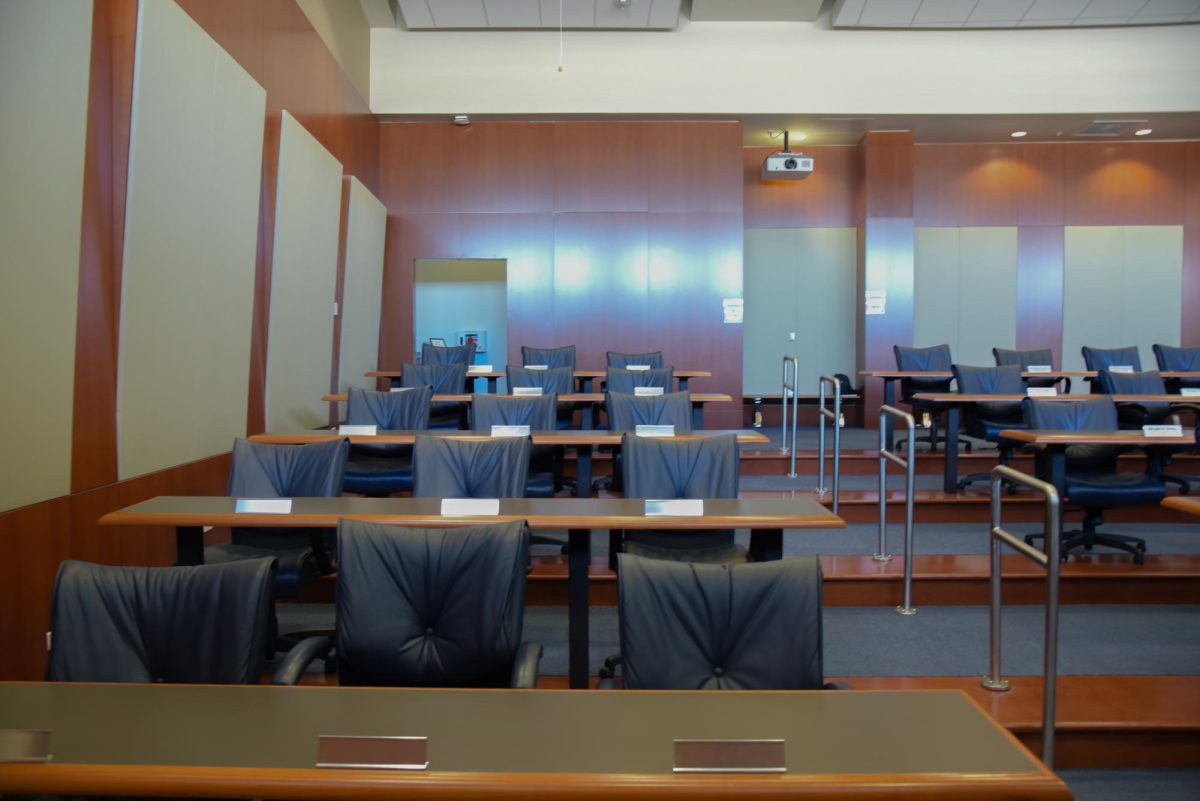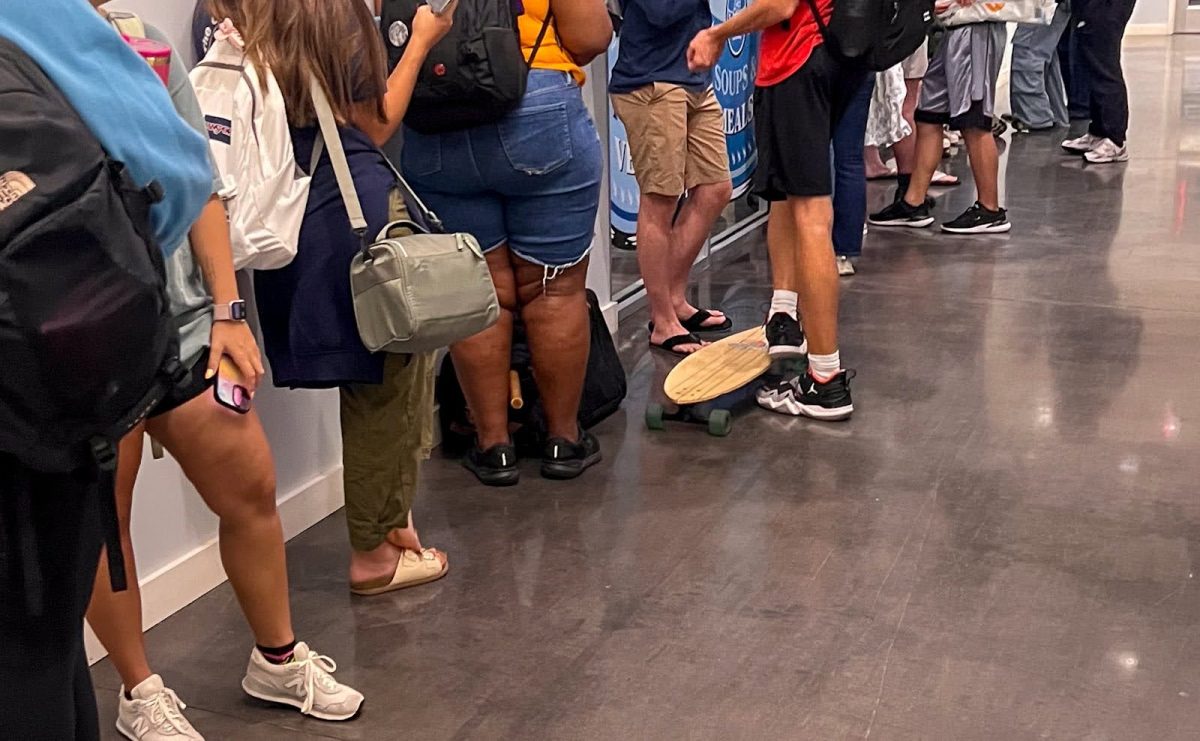 Incoming freshmen have a lot of questions, but in a year’s time, UNF may eliminate one: where to live.
Incoming freshmen have a lot of questions, but in a year’s time, UNF may eliminate one: where to live.
UNF Housing and the president’s office have said they want to make freshmen live on campus, and it could happen as early as 2012.
The move is intended to improve academics.
Students who live on campus for at least a year are significantly more likely to graduate within six years, said President John Delaney. The six-year graduation rate is a measuring stick for universities.
“When a student bonds with the university and gets involved, their chances of succeeding in terms of graduation is much higher,” Delaney said.
Students would be able to opt out due to financial restraints or similarly constraining obligations.
If incoming freshmen had to take care of an enfeebled relative or young sibling, for instance, they would be able to opt out, Delaney said.
Students who cannot afford to live in the dorms but have family living in Jacksonville may also be able to opt out.
Hardship scenarios will be judged on a case-by-case basis, Delaney said.
Mandatory housing won’t be a deterrent to interested students, said Deborah Kaye, the president of enrollment services.
Prospective students will understand the academic benefits, she said.
Though freshmen may soon be compelled to live on campus, don’t expect a new dorm next year.
There are currently about 2,800 students living in housing and occupancy is around 92 percent, said Director of Housing Paul Riel.
Beds remain for about 250 students, he said.
Delaney said mandatory freshman housing would probably bring 200-500 more freshmen to housing, though UNF would most likely no longer host Florida State College at Jacksonville students, he said.
The increase would bring housing to capacity, and there will be no immediate need to build more dorms, Riel said.
Though there are more incoming freshmen than beds available, those who opt out will account for the difference.
“I think it would probably flush itself out,” Riel said.
UNF has frozen enrollment as a result of budget cuts, but if the school accepts more students, it will get more housing — probably 500-1,000 beds, Delaney said.
It is not a strategy to close the occupancy gap so much as one to improve academics, Riel said.
He said he’d like to field programs in housing to make students more accountable by tracking their performance.
There is currently a tutor on call in the Osprey Hall weeknights, and Riel said he wants to offer tutors in each residence hall — for at least a few hours a day — as a first step.
He said housing could potentially hold interventions for students who are struggling in class or having trouble adjusting to college life.
Housing may get as much as one floor of the new cafeteria, and Riel would like to use it as an after-hours resource for students, he said. Ideally, the area would offer services from Academic Center for Excellence, the Counseling Center and other campus programs, he said.
If such programming is implemented, it will create jobs for the students and professionals who work for those programs, though no one is willing to stipulate how many jobs.
Any additional money Housing brings in will be used for programming, Riel said.
The dorms’ bonds are on a scheduled payment, and Delaney said UNF does not plan to accelerate those payments, regardless of whether or not the university enforces mandatory freshman housing.
“We’re gonna pump that back into programming. We don’t use housing as a revenue generator,” Delaney said.
The additional students will not cause a safety problem, he said — UNF will grow its police force when it sees a need.
He sees the initiative as a means of strengthening school pride. Students who live on campus are more apt to get involved in campus activities, which is beneficial to students and the campus, he said.
In 2009, University of South Florida made a similar shift. Freshmen who did not have family living in the three counties surrounding the school were compelled to live on campus, said USF Director of Housing Dr. Dorie Paine.
She said it was an attempt to bolster retention and graduation rates, but it is too early to see an effect.
The policy added about 500 students to housing and USF built a 1,000-bed dormitory and a dining hall to exceed immediate demand, she said.
There are only two or three hardship appeals per year, she said.
Mandatory housing doesn’t seem to affect enrollment — as it was up one year and down another, she said.
“This kind of thing shouldn’t deter anyone who is genuinely interested in the university,” Kaye said.











